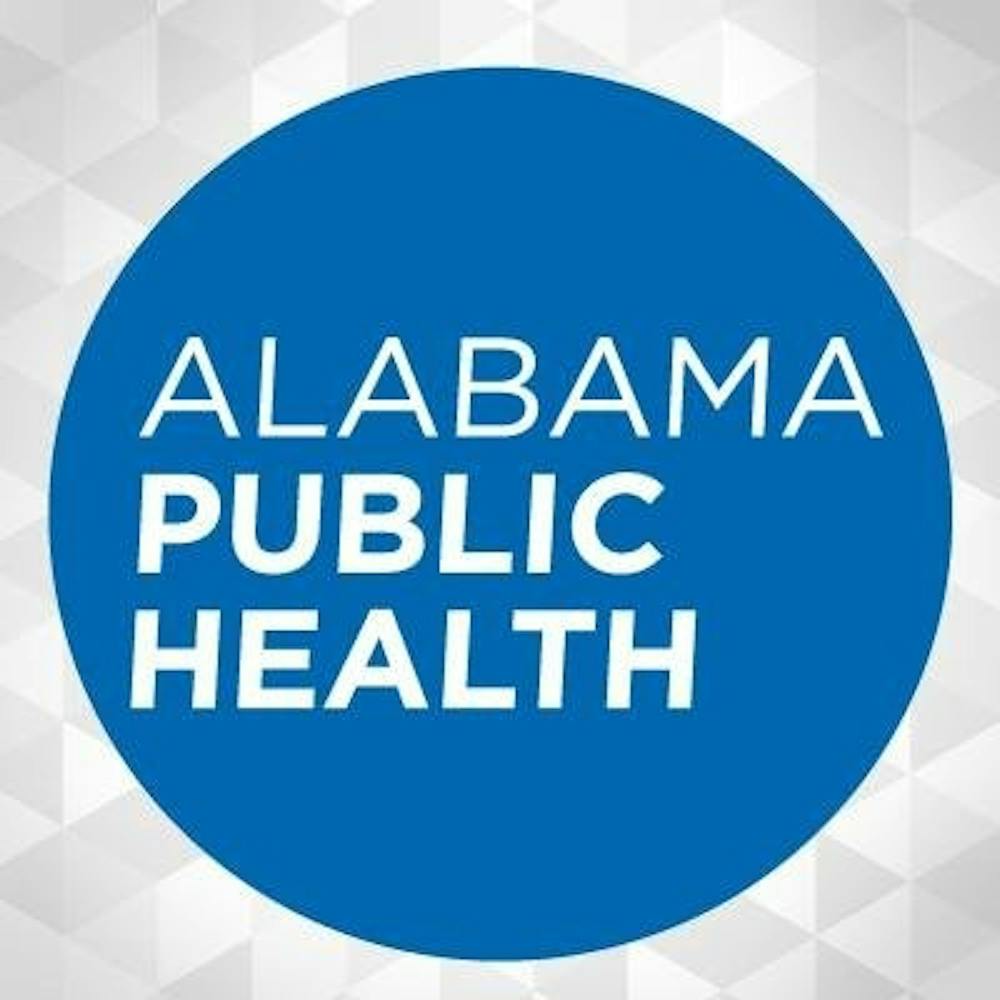MONTGOMERY, Ala (EETV) - Alabama’s hospitals performed better than the national performance level last year in four important infection-related categories according to the latest report by the Alabama Department of Public Health. The 2016 report on healthcare-associated infections reveals state and hospital-specific infection rates on catheter-associated urinary tract infections (CAUTIs), central line-associated blood stream infections (CLABSIs) and two surgical site infection measures (abdominal hysterectomies and colon surgeries).
“We publish an annual report that provides information on the number of infections per category and whether the hospital performs better than the national average, similar to it, or worse than,” said Dr. Scott Harris, acting state health officer. “In addition to the report, our staff members work with hospitals to improve the accuracy of the reporting, education that not only helps with public reporting, but more importantly helps hospitals collect data that is valuable in their efforts to improve care.”
“Our hospitals have not only performed better than the nation, but over time they have shown significant improvement in the state average,” said Dr. Donald E. Williamson, president of the Alabama Hospital Association. “For example, since the program began in 2011, the statewide rate for CAUTIs has been cut in half; other categories have also seen decreases. While much progress has been made, hospitals are constantly working with staff, patients, and their families to prevent infections.”
Dr. Harris notes the importance of infection prevention due to the delays in recovery or the worsening of the condition caused by infections. A report by the Agency for Healthcare Research and Quality estimates $1,000 of additional cost for each CAUTI and $17,000 in additional cost for each CLABSI.
The hospital infection report is one of several tools patients can use to learn more about a hospital’s care. Other quality measures are reported on Hospital Compare, a website operated by the Centers for Medicare and Medicaid Services. “While these online resources can be helpful, they are just part of the picture,” added Dr. Harris. “Individuals should always talk with their physicians about the care needed and the best place to receive that care.”







